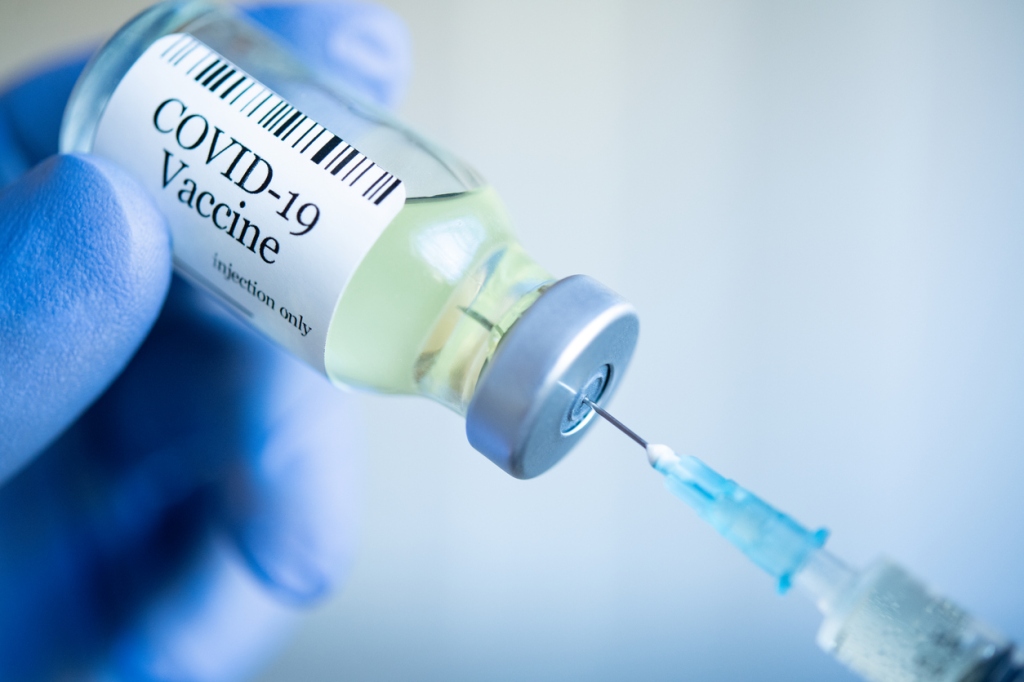
It’s safe to say that the COVID-19 pandemic has caused significant problems in many ways – but what about in the legal field? The pandemic has raised a series of questions relating to family law: specifically, custodial decisions. Parents are facing unique challenges in making the important decisions in their children’s lives such as whether to mask, virtual or in-person schooling, and most importantly, whether to administer the COVID vaccine to their children. This is further complicated if the parents are divorced.
The CDC recommends that everyone who is five years and older receives the COVID-19 vaccine. However, some parents share different views over the safety, efficacy, and necessity of the vaccine. What further complicates this issue is that vaccine administration is considered a custodial decision. Sole legal custody means that one parent has the authority to make major decisions in a child’s life. Joint legal custody means that both parents are required to make those major decisions together. Sometimes, two parents may share joint custody but with one parent having final decision-making authority on certain issues, such as medical treatment. But if the parents share equal medical decision-making authority, both parents have an equal say in whether their child should be vaccinated.
So how can parents resolve this problem? As always, the ideal is compromise. Both parents can sit down and understand why the other is for or against vaccinating their child. Maybe one parent is not comfortable with the vaccine because the child is young, and they can agree that the child receives it when they reach a certain age. If this doesn’t work, mediation can be a cheaper, timelier, and more efficient avenue for the parties than going to court. Compromise may also be the most beneficial option for a child’s health, safety, and well-being.
The last case scenario for parents is filing a petition to modify legal custody with the court – however, it is rare for a judge to rule on whether a child should or should not get a vaccination. In this type of proceeding, a judge may consider factors such as whether the parties have agreed on medical decisions in the past, the child’s pediatrician’s recommendations, whether the parents have allowed their child to receive other vaccinations, and how their schooling would be affected by vaccination. Ultimately, it’s best for the parents to figure out the decision among themselves and put aside personal beliefs to do what’s best for their child.